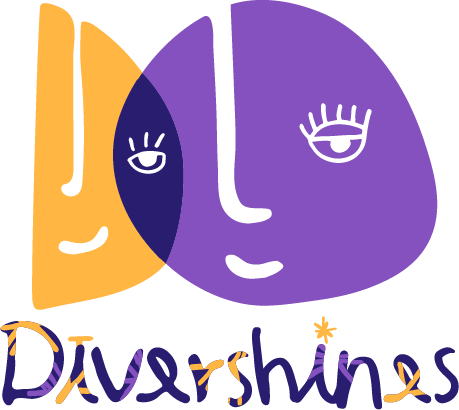Entrepreneurship as an Autistic Person: Challenges and Opportunities

Over the years, despite advances in inclusion, it has become clear that the corporate world is not designed to accommodate the needs of people with autism. As a result, workplace dynamics can be challenging for individuals on the spectrum. However, entrepreneurship offers an alternative that is not only viable but also enriching. In this article, we explore why entrepreneurship can be an excellent option for autistic individuals, the benefits it offers, and we also recommend three books that can provide valuable tools along this journey.
Challenges in the Corporate World
In general, the corporate world is full of complex social interactions, continuous changes, and noise, which can be overwhelming for some people on the spectrum. The expectations of quick verbal communication and the need to adapt to change can become stressful and lead to anxiety.
Benefits of Entrepreneurship
Entrepreneurship can offer several unique benefits for people with autism:
- Flexibility: Entrepreneurship allows you the freedom to adapt your work environment to your needs. You can set work hours that suit you best and choose how to interact with others—just a few of the benefits of running your own business.
- Autonomy: Making decisions based on your interests, timing, and abilities can bring greater personal satisfaction and a stronger sense of control.
- Creativity: Many people on the spectrum have exceptional skills in specific areas. Entrepreneurship is a powerful tool that can harness that creativity and turn it into a project you are truly passionate about.
- Reduced Stress: Creating your own workspace, tailored to your needs, will help reduce the stress and anxiety commonly found in corporate settings.
- Contribution to the Community: Entrepreneurship can allow you to address issues related to neurodiversity that concern you and positively contribute to the community, inspiring and impacting your surroundings.
Books to help you start a business
1- "The Lean Startup" by Eric Ries
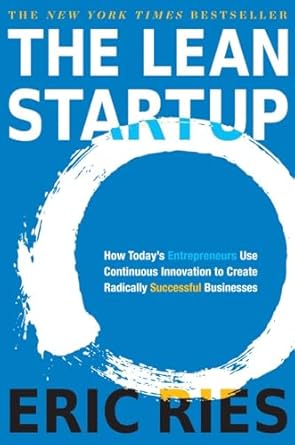
This book serves as a fundamental guide for any entrepreneur. The author proposes an innovative approach based on creating minimum viable products and constant iteration based on customer feedback. This method can be especially beneficial for autistic people because it allows for working in small steps and making adjustments without the pressure of a traditional corporate environment. The structure and clarity of the book may help people on the spectrum feel more comfortable when starting their own business.
2- "Start with Why" by Simon Sinek
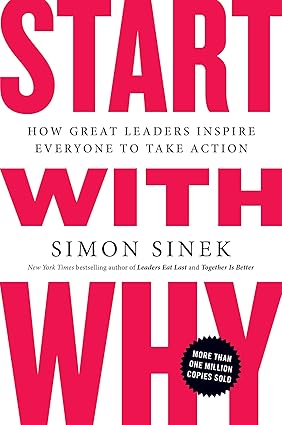
Understanding the “why” behind a business is crucial. This book can be very motivating for autistic individuals as it helps identify what truly excites them. Understanding the purpose allows entrepreneurs to make decisions aligned with their values. This brings clarity and direction to the business and is a source of motivation and resilience during challenging times.
Start with Why Series 3 Books Set
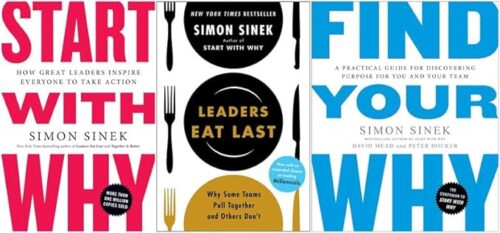
3- "The E-Myth Revisited" by Michael E. Gerber
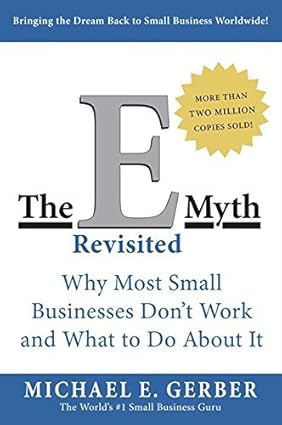
This book offers a clear perspective on how to build a sustainable and successful business over time. It is a great read for people on the spectrum because it provides practical tools and strategies for effectively managing a business. It’s a good system for those who prefer working with clear processes and procedures.
Entrepreneurship can be a rewarding path for people with autism. With the right vision, guidance, and tools, it is possible to build a successful business that generates income, provides personal satisfaction, and creates a sense of purpose. Visit www.divershines.com for more entrepreneurship tips.
Frequently asqued questions
Entrepreneurship is a challenge for anyone, whether neurotypical or neurodiverse—each person is different. However, entrepreneurship also offers unique opportunities that can be tailored to individual strengths.
In addition to the books mentioned, there are many online communities and support groups focused on entrepreneurship for autistic individuals. These networks can provide guidance and support. We invite you to visit www.divershines.com to stay updated with entrepreneurship tools.
It's natural to feel afraid of failure, but it's important to remember that every mistake is a learning opportunity. Starting with small steps and celebrating every achievement can help build confidence.
Absolutely! Many successful entrepreneurs start with no previous experience. The key is to be willing to learn and adapt along the way.
There is no “ideal” type of business—it all depends on your interests and skills. Some may opt for online businesses, while others may prefer creative services or consulting.
